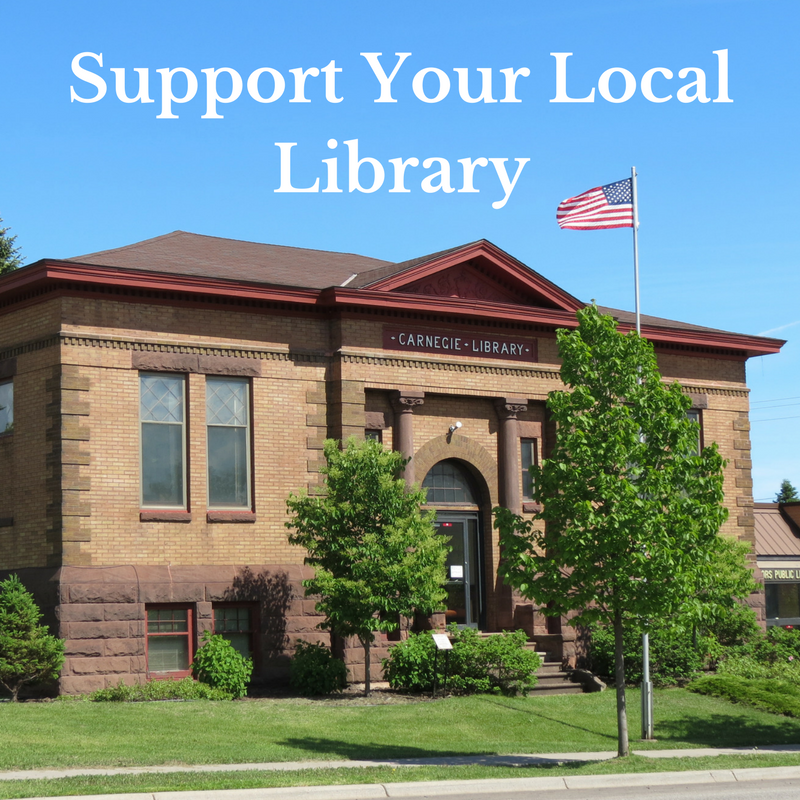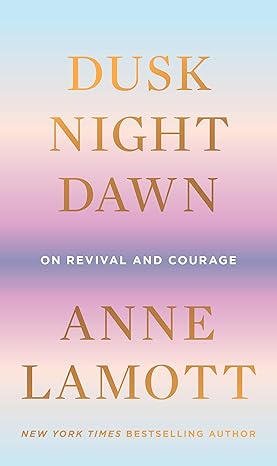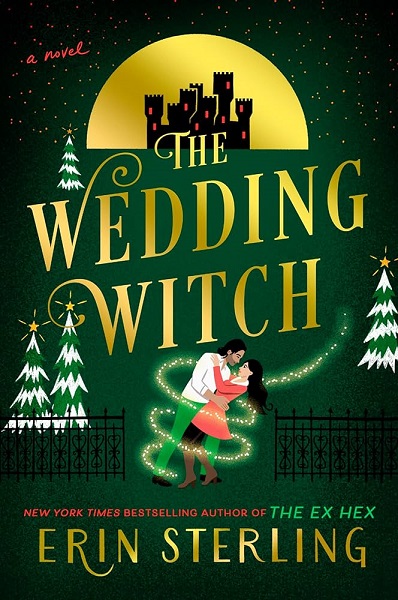
I posted about this back in 2010, but the message is again relevant, so I’ve adapted and revised that post for today. Although the US economy has improved since I wrote the original post, President Trump’s budget proposal eliminates all federal funding for libraries. Improving economic conditions generally have not translated everywhere to more state and local funding for public libraries; many libraries are still underfunded. You can find out more about federal money for libraries and the ALA’s advocacy here.
Support Your Local Library
Libraries experience two things in an economic downturn: a reduction in funding and an increase in the number of patrons. The recession that began in 2008 was no exception. Libraries across the country began seeing more people come through their doors at the same time that they were having to cut back on staff, hours, and new book purchases.
It’s easy to see why people need the library in tough economic times. For one thing, the library provides inexpensive entertainment (or escape.) For someone struggling financially, new books are a luxury, not a necessity.* With paperbacks costing around $8, audiobooks between $10 and $35, depending on the format and the length, and hardcovers around $20 to $30 (even on sale), many people stop buying books when money is tight. Instead, they turn to the library. You may have to wait a little longer for the newest bestseller, but free is a substantial savings over the cost of a new book.
Libraries offer more than books, of course. A movie ticket costs between $8.50 and $11 per ticket. Netflix streaming is about $8 per month; Hulu costs about $8 per month, or $12 if you want it ad-free. Cable television will run you $25 to $30 per month for the most basic service, and the average price of cable (expanded service and a few premium channels) was over $100 in 2016. Many libraries, however, maintain a sizeable selection of movies and television programs for patrons to check out — for free.
Libraries provide other important services, particularly in our digital age. Most libraries have computers available for public use, allowing those without a home computer or smartphone to check email, send out resumes, and use job-hunting websites. Libraries may offer short classes or tutorials in how to use a computer, helpful for those who are not yet tech-savvy. These services can make the difference between being able to find a job and remaining unemployed.
Forget the hushed atmosphere of yesteryear’s library. The library of today is a vibrant place, sponsoring book clubs and programs for children, teens, and adults. Libraries host author events, art exhibits, poetry competitions, writers’ groups, community organization meetings, and even concerts.
But they can’t do any of it without funding.
It’s easy to understand why local and state governments cut library funding in a downturn. Tax revenues decrease, and governments face large budget shortfalls. Libraries aren’t seen as essential, like water and sewer services; police, fire, and rescue; road maintenance; and (one hopes) education. Faced with the need to make major reductions in their budget, governments will look first at the easiest cuts, the ones that appear to hurt the least number of people — like libraries and public parks.
And although the recession is officially over, many localities are still struggling, and haven’t restored library budgets to pre-recession levels. (The same is true of education funding, incidentally, particularly for higher education.)
Now, President Trump proposed to effectively eliminate federal funding for libraries, cutting all funding for the Institute of Museum and Library Services, which administers the Library Services and Technology Act program. These funds are distributed to states and thence to local libraries.
Libraries are important to the well-being of a community. If you agree, please let your local, state, and federal representatives know what and how much the library means to you. If government officials think that no one needs or uses the library, they are much more likely to slash funding to the bone. If they understand what a vibrant library can mean to a community and the individuals in it, policy makers are more likely to preserve at least a functional library budget. Write or call your Senators and Representative to urge them not to defund the IMLS and LSTA. Contact your local and state representatives, and urge them to fund your public libraries.
I also urge you to get involved with your local library directly. Volunteer. Donate books for the library’s book sale. Buy books at the book sale! (The organizations that run those sales donate money to the library for specific programs and/or needs.) Ask about the possibility of donating new books for circulation. (Do understand, though, that even libraries have limited space, and that they have a much better idea of what their patrons want than you do. They may be very pleased to be given copies of new or bestselling books, but your old Encyclopaedia Britannica is outdated and not worth the shelf space.) Consider making a financial donation if you can afford to. And always, always thank the librarians for everything they do. Librarians don’t get paid a lot; they work there because they love it.
A good public library can be the heart of a community. Help keep yours alive!
*I know, I know. Books are essential to me, too. I love to read. Actually, I have to read, or I get really cranky. But you can’t eat books, and they won’t keep the rain off. If the choice is between eating and paying the rent/mortgage or buying books, food and shelter are going to win most of the time — unless you are Erasmus. (“When I get a little money I buy books; and if any is left I buy food and clothes.”) And, as I’ve told myself whenever my own budget was tight, there is always the library. I hope there always will be.





































Angela
Great post! Very timely and I love the concrete suggestions you give to help our local libraries.
Angela recently posted…TV Shows I’m Obsessed With Lately #1
Lark_Bookwyrm
Thank you, Angela. 🙂
Lark
This is an important issue. As important as libraries! 🙂 I’m glad you revised and re-posted it.
Lark recently posted…Baby Doll
Lark_Bookwyrm
Thank you, Lark! Between it being National Library Week and the Trump budget proposal, I figured it was a good time to pull this one out of the archive and revamp it for the present situation.
kimbacaffeinate
So glad you reposted this. While I don’t worry about funding in my area, as budget cuts have had the general public step in and donate to keep even our smaller branches open. It is the economically challenged areas where folks depend on the library and its resources that are hurt most by these budget cuts.
kimbacaffeinate recently posted…Three Hours by Dannika Dark
Lark_Bookwyrm
Yes, exactly.